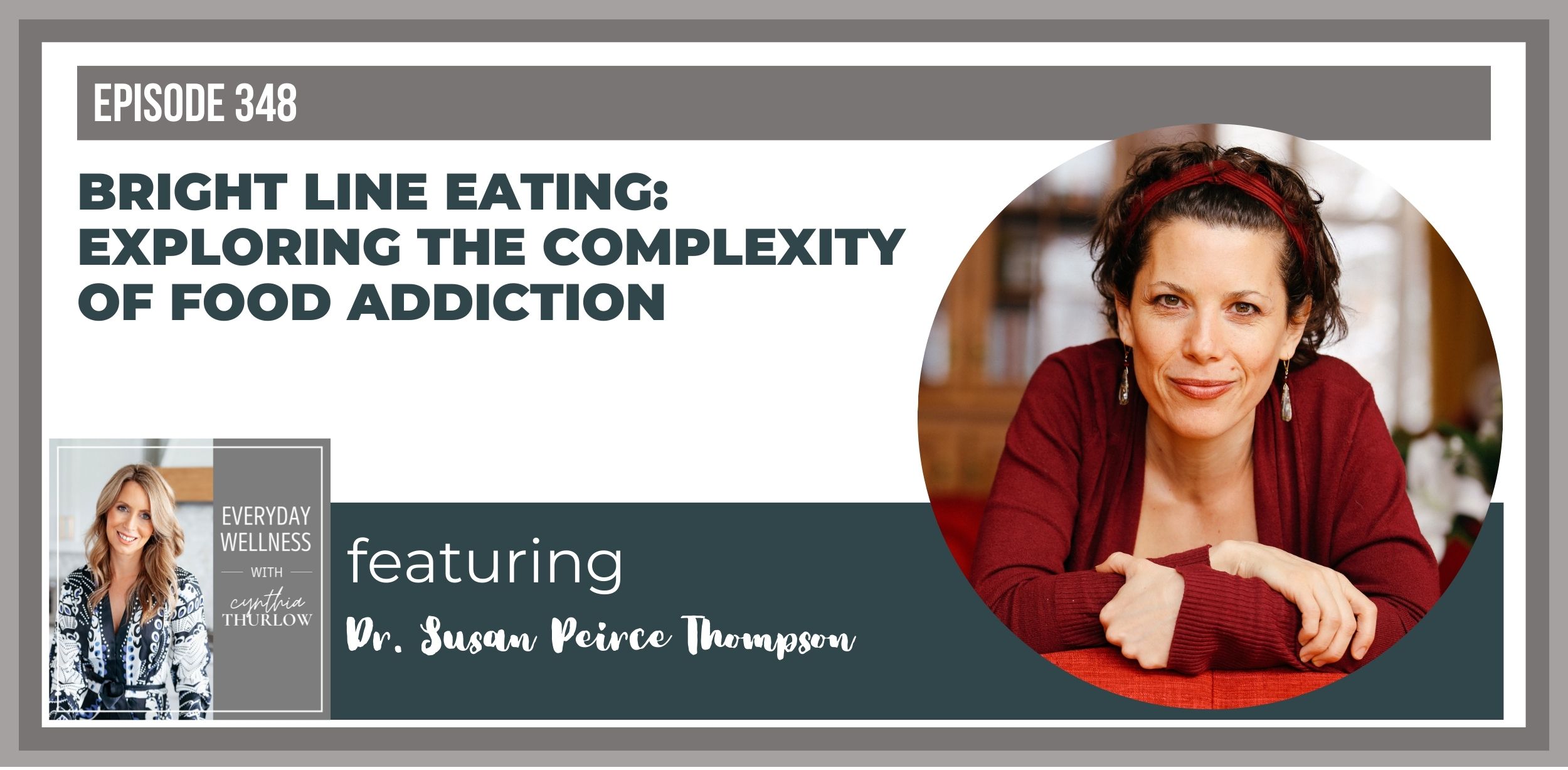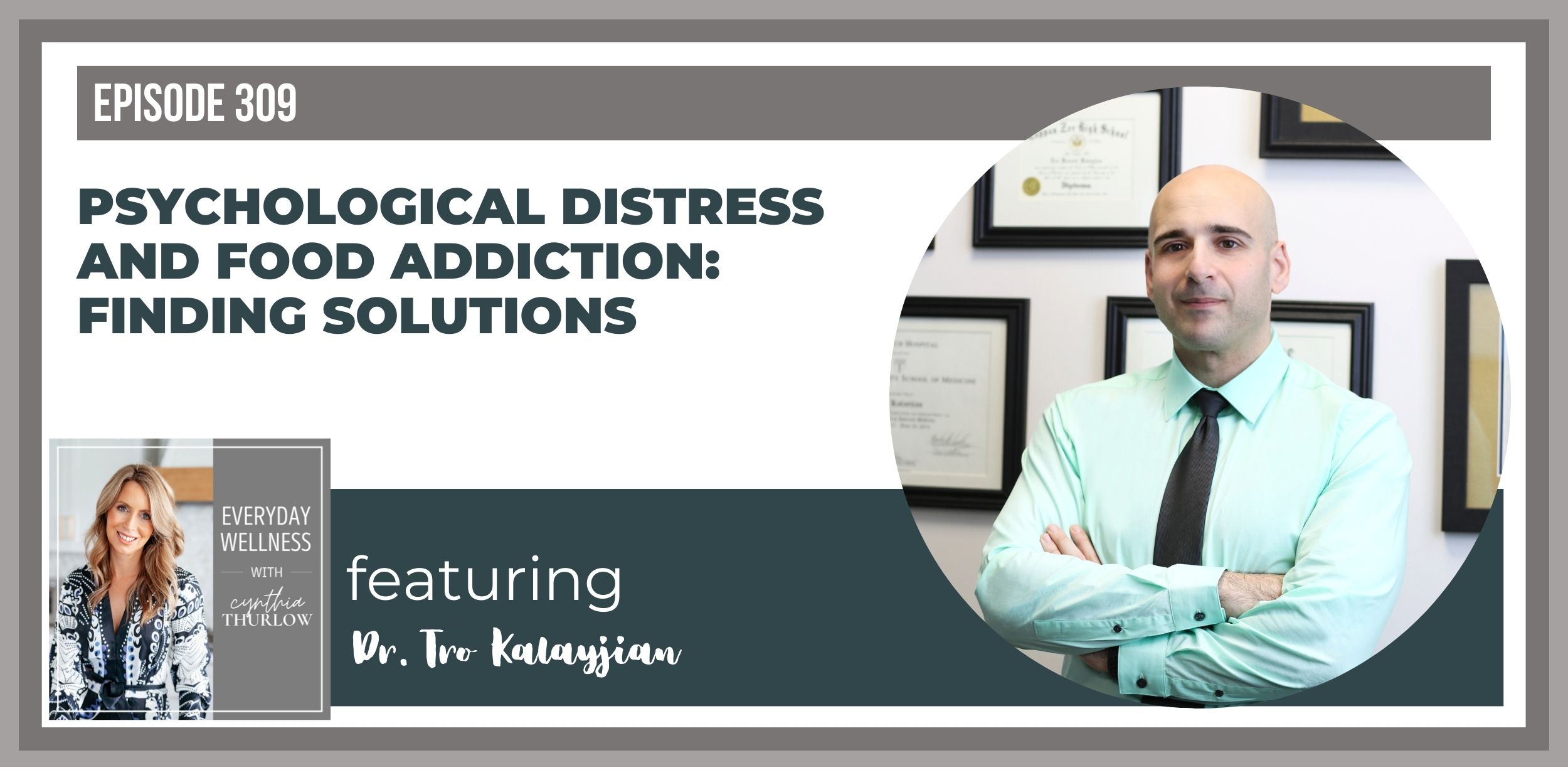Ep. 348 Bright Line Eating: Exploring the Complexity of Food Addiction with Dr. Susan Peirce Thompson
I am honored to connect with Dr. Susan Peirce Thompson today.
Dr. Peirce Thompson is an adjunct associate professor of Brain and Cognitive Sciences at the University of Rochester and an expert in the psychology of eating. She is also the New York Times bestselling author of Bright Line Eating.
In our conversation today, we dive into the complexities of food addiction, exploring why it is even more challenging than drug or alcohol addiction, the importance of awareness around food addiction, and the impact of genetics and trauma. We discuss the addictive properties of sugar and flour, the bliss point in the processed food industry, and misconceptions surrounding artificial sugars. Dr. Peirce Thompson also shares her journey of addiction and recovery, offering invaluable insights on breaking the cycle of addiction and reframing our relationship with hunger.
I am confident that today’s discussion with Dr. Susan Peirce Thompson will provide valuable insights and provoke thoughtful reflections. Join us to learn how to break the cycle of addiction and reclaim control over your relationship with food.


